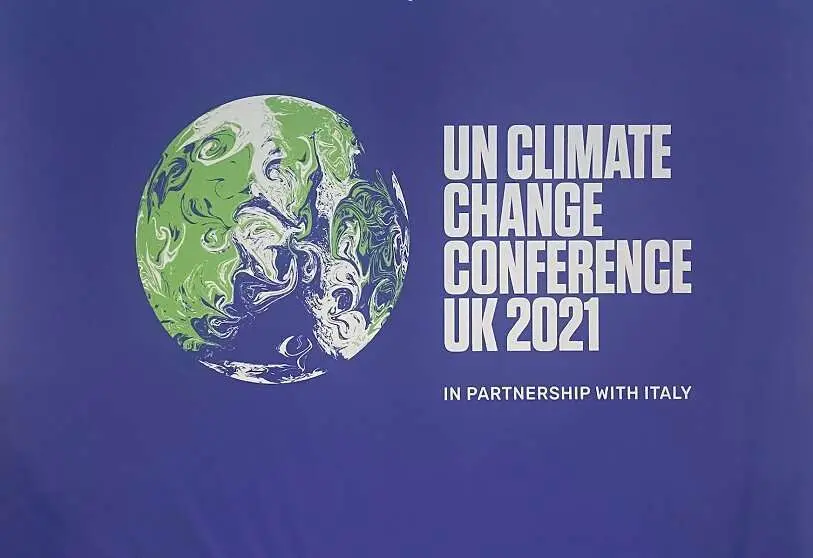CAF reaffirms at COP26 the commitment to become the green bank of Latin America

More than 40,000 international climate experts gathered in Glasgow for COP26, a global summit that was set to increase ambition to reduce greenhouse gas emissions, and thereby achieve emissions neutrality by 2050. For Latin America, the challenges were to expand financing for adaptation and mitigation initiatives; to position itself as an actor of reference in the still incipient carbon market; and to commit to nature-based solutions.
During COP26, CAF announced that over the next five years it will allocate USD 25 billion to promote green growth in the region. The multilateral organisation proposes a green strategy that promotes climate action, biodiversity conservation, energy transition and nature-based solutions. To this end, it will mobilise its own financial resources and align the interests of public and private actors around environmental and social responsibility and the reduction of greenhouse gas emissions. The institution's green finance will increase from 24% in 2020 to 40% in 2026, and all its operations will be aligned with the objectives of the Paris Agreement.
As part of this new green agenda, CAF also announced that it will contribute USD 1 million to conserve biodiversity and the use of marine and coastal resources in the Eastern Tropical Pacific Marine Corridor, a region shared by Colombia, Costa Rica, Ecuador, and Panama, which generates USD 3 billion annually, mainly from fishing, tourism, and maritime transport.
In addition, during COP26 CAF carried out the following activities:
- CAF protects 710,000 hectares of tropical forest in Colombia, offsetting its greenhouse gas emissions. The project will protect 70 endangered species, prevent the emission of 434,387 tons of CO2 each year, and provide livelihoods for 1,497 families in 15 Afro-Colombian communities.
- CAF and MIT create project to protect Colombia's tropical forests. Through data management and innovative technologies supported by the use of drones, this project will contribute to the monitoring of landslides, implementing an innovative early warning mechanism to reduce the climate vulnerability that historically affects local communities in Mocoa, the Colombian municipality at the head of the Department of Putumayo.
- CAF and the Government of the City of Buenos Aires promote good governance and climate action agendas of local governments. Both institutions held a virtual event to present the new platform "BA climate change", which aims to link good governance and climate action agendas, as well as to promote cooperation mechanisms between international organisations and local governments and foster a community of practices that allows for the exchange of experiences and lessons learned.
- CAF presented the climate change vulnerability indices of nine Latin American cities. Also during the COP in Glasgow, CAF presented the climate change vulnerability indices of nine Latin American cities: La Paz and Tarija (Bolivia), Fortaleza and Recife (Brazil), Loja, Portoviejo and Santa Cruz de Galapagos (Ecuador), Trujillo and Piura (Peru).
- Carbon market: climate solution for Latin America? Among all the proposals, the carbon market seems the most promising, especially for developing regions such as Latin America. These markets consist of countries transferring emission reductions on a voluntary or binding basis among themselves. Although they are not yet regulated, agreement between countries is essential for the mechanisms necessary for their operation to begin to be activated.
- CAF dinner, attended by more than 50 representatives of the public and private sector to strengthen collaboration to boost climate action in Latin America and the Caribbean. During the dinner, a video was shown with the main proposals of CAF's green agenda.
During COP26, CAF also organised the following events:
- Climate change: an umbrella for livelihoods in coastal marine areas and island territories
- Catalysing Green Recovery
- Catalysing Climate Action in Cities
- BA Climate Change: Open Government for Climate Action
- EMOTION: Electric and Low Carbon Mobility








